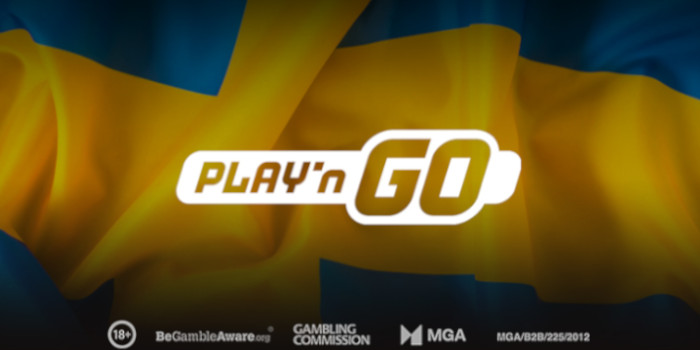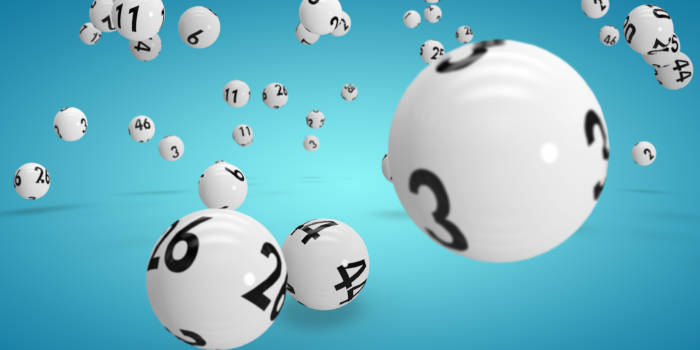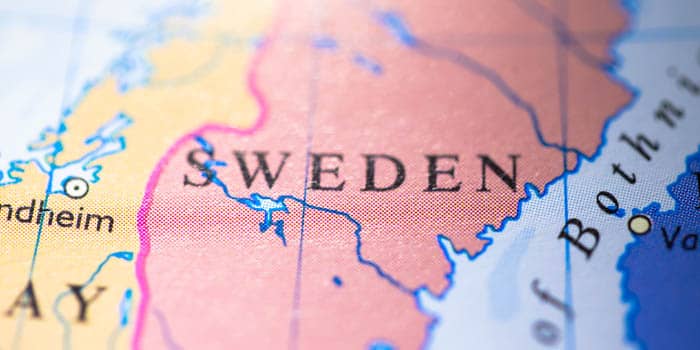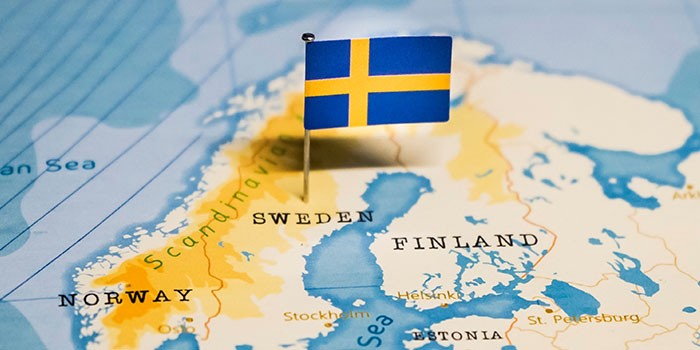Sweden Slowly Assessing Covid-19 Impact on Problem Gambling

The Swedish gambling regulator has warned that exact data as to whether COVID-19 has led to deepening or lessening on problem gambling would be known at the end of 2020 or the first half of 2021.
Spelinspektionen Cautions That Data Will Be Slow
The Swedish gaming regulator, Spelinspektionen, has released a new report in which the watchdog mentions that the negative effects on COVID-19 are yet to reflect on the problem gambling population soon.
That is not to say that the process isn’t already afoot, with Spelinspektionen explaining that regulators and competent authorities need more time to properly gauge the exact impact. Those numbers are expected later in 2020 at the very earliest.
According to Sweden’s National Association of Gambling Addicts, the first data about the impact the novel coronavirus may have had on problem gamblers would only arrive in the fall of 2020 and more definitive numbers will follow in the first half of 2021. However, a recent study by Anders C. Håkansson from Lund University suggested that problem and at-risk gamblers might be actually spending more money gambling.
So far, nobody is sure if there has been a direct impact in the intensity and frequency of gambling caused directly from the pandemic. With sports betting suspended, though, many traditional sports bettors shifted to other products, including iGaming.
However, Sweden’s national problem gambling helpline, Stödlinjen, reported fewer calls in May. Conversely, there were new instances of players reporting problems with online gambling casino as well as online poker.
Stödlinjen hasn’t been able to establish any significant or any uptick whatsoever based on self-testing by concerned individuals. The levels have stayed practically the same.
Meanwhile, Spelberoendes Riksforbund has called for more attention to be paid to the illicit gambling websites that may still remain open to Swedish players. Many self-excluded players have complained to Spelpaus.se, arguing that offshore sportsbooks and casinos have targeted them.
Number of Self-Excluded Players Sees a Slow-down
Estimated 53,122 have signed up for Spelpaus.se by July 13, that is the country’s self-exclusion program. In contrast, some 52,026 signed by June 14, Spelinspektionen reported. The regulator also focused on the most recent market results in Sweden, arguing that sports betting remained strong thanks to the monopoly of AB Trav och Galopp (ATG).
Meanwhile, there has been an increase in online gaming revenue. Based on initial figures, Swedish players contributed 6% more year-over-year in May. However, there has been a notable decline in lottery and gaming machines, both owned and run by Svenska Spel.
Spelinspektionen reminded that the numbers may not be the result of COVID-19 either, but rather less lucky payouts. Sweden has introduced extensive restrictive measures to help combat potential gambling harm during the lockdown period.
It’s important to note that Sweden has never followed with the same level of restrictions most other countries did. However, the Ministry of Health and Spelinspektionen worked out a set of measures designed to reduce weekly deposits and gaming time.
Last week, the Swedish gambling industry in the face of operators called for more clarity on the measures as there have been discrepancies in their implementation across different operators.
Although Fiona doesn't have a long-spanning background within the gambling industry, she is an incredibly skilled journalist who has built a strong interest in the constantly growing iGaming network. The team at GamblingNews.com is glad to have her on our roster to help deliver the best stories as soon as they hit. Aside from writing, she loves to dabble in online casino games such as slots and roulette, both for her own enjoyment and also as research to better improve her understanding of the industry.











